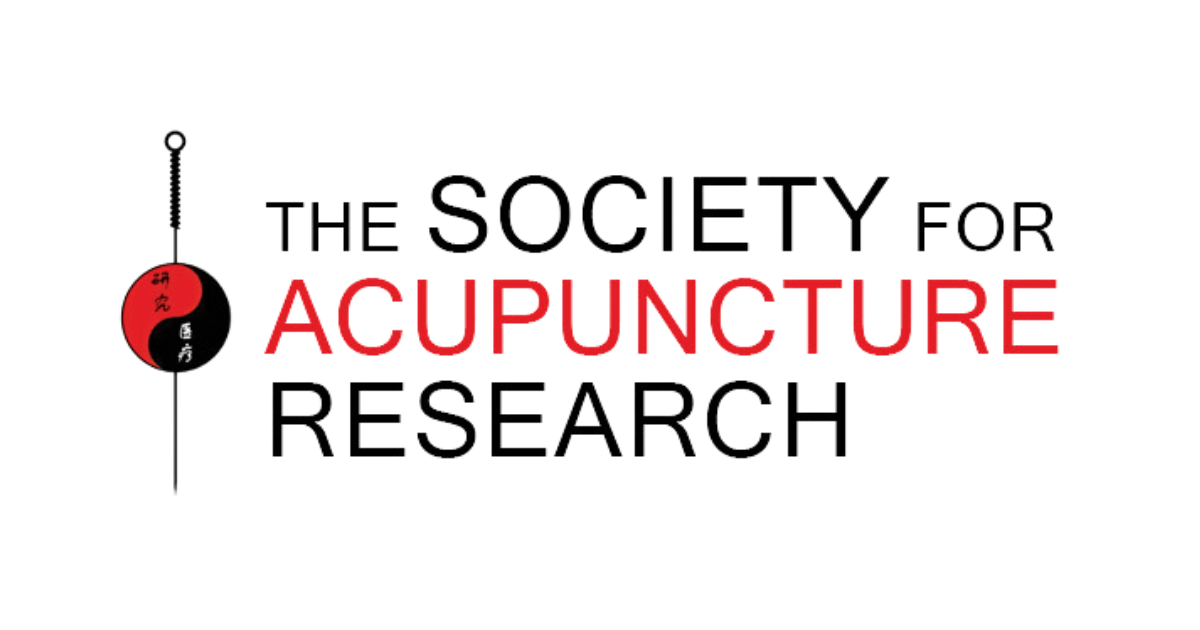Our Board
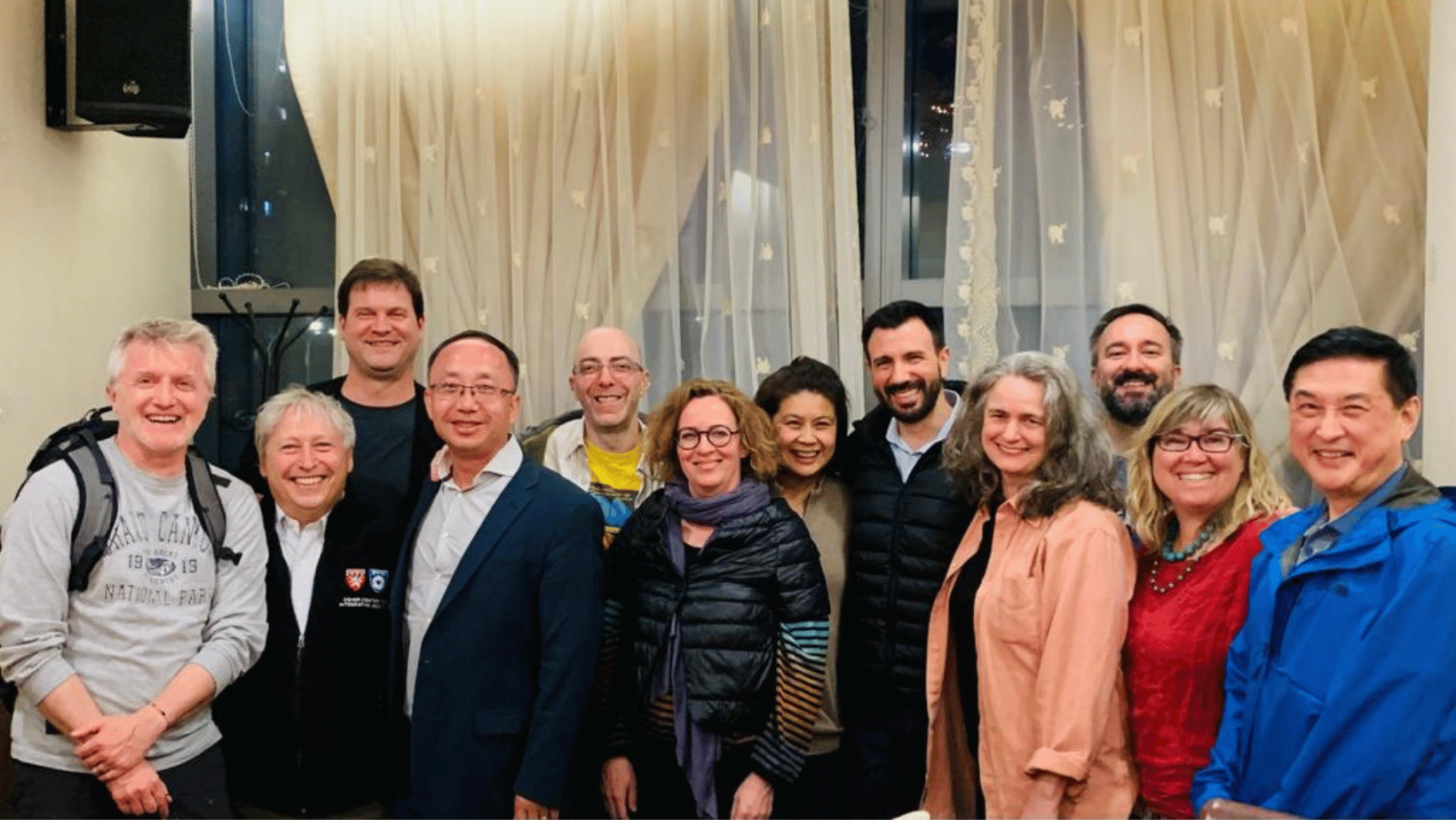
(left to right) Richard Harris, Peter Wayne, Robert Davis, Jun Mao, Vitaly Napadow, Claudia Witt, Jiang-Ti Kong, Ari Moré, Claudia Citkovitz, Sandro Graca, Lisa Taylor-Swanson, Lixing Lao; not pictured: Rosa Schnyer.
Previous photos:
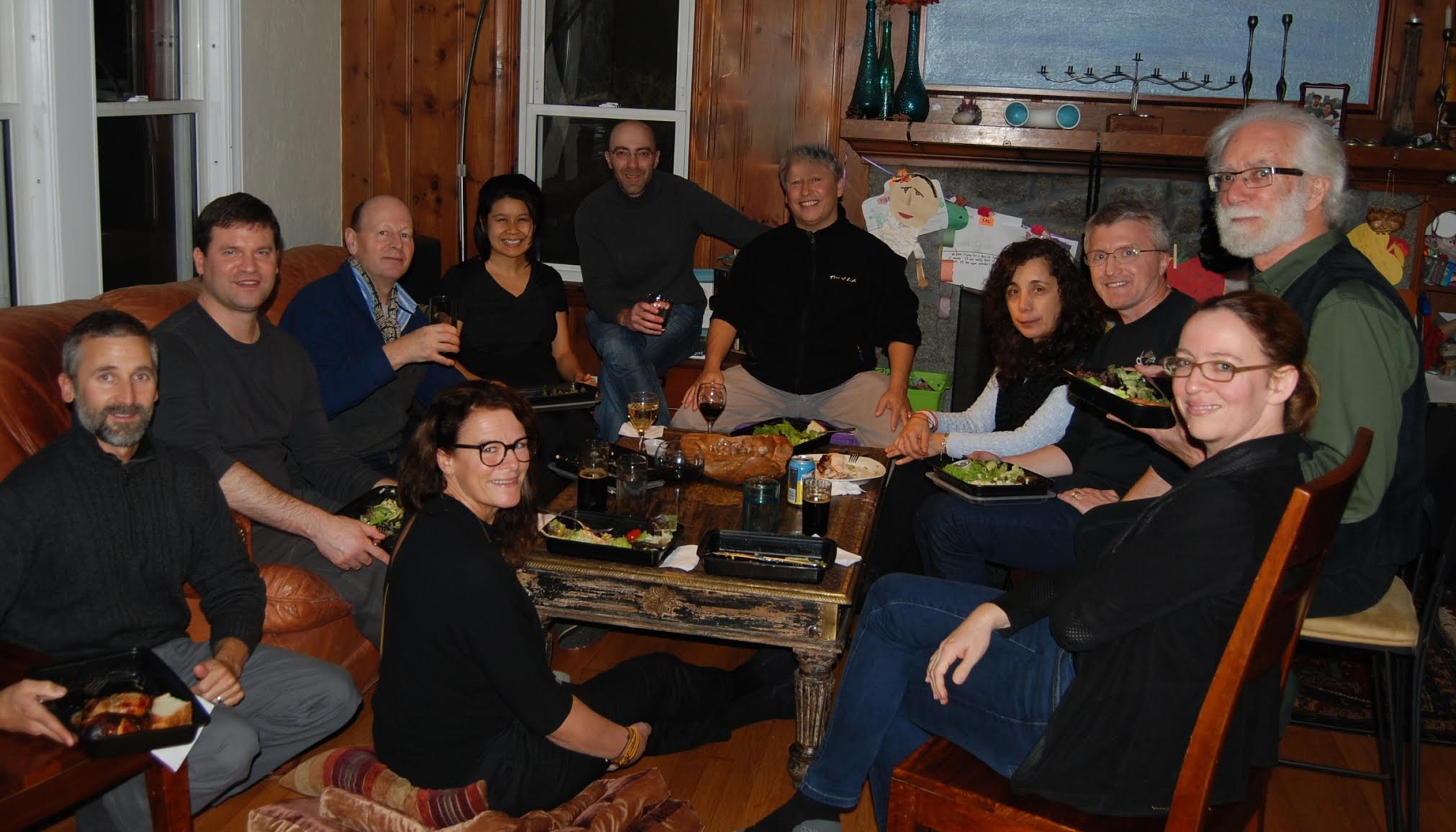
2015 (left to right) Ryan Milley (prior board member), Robert Davis, Hugh MacPherson, Elisabet Stener-Victorin (prior board member), Jiang-Ti Kong, Vitaly Napadow, Peter Wayne, Rosa Schnyer, Richard Harris, Claudia Witt, Richard Hammerschlag (Advisory Board member); not pictured: Remy Coeytaux
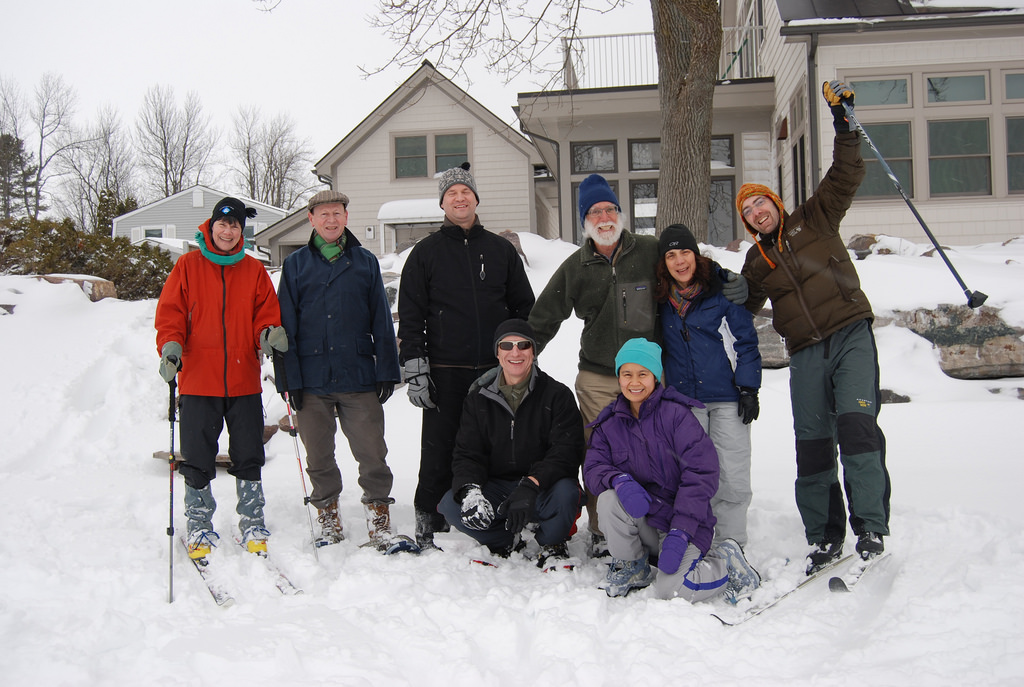
(left to right) Helene Langevin (prior board member), Hugh MacPherson, Robert Davis, Remy Coeytaux, Richard Hammerschlag (Advisory Board Member), Jiang-Ti Kong, Rosa Schnyer, Vitaly Napadow Not pictured: Richard Harris, Peter Wayne, Claudia Witt
The SAR Board
SAR’s Board is comprised of both clinicians and research scientists - each well-respected experts in their field of practice. These dedicated leaders devote their time and resources to keep a pulse on what’s happening in the field of acupuncture research, with an over-arching goal of identifying gaps between research and practice, opening dialogue about issues that affect the global Traditional East Asian (TEAM) community, and hosting public Conferences, Think Tanks, and Symposia that foster communication between all of the different stakeholders to acupuncture and TEAM research.
Jun J. Mao, MD, MSCE - Co-President
Lisa Jean Taylor-Swanson, PhD, MAcOM, LAc - Co-President
John Yoo, MBA, Treasurer
F. Afua Bromley, DACM, LAc, Dipl.Ac (NCCAOM)
Molly Candon, PhD
Claudia Citkovitz, PhD, MS, LAc
Sandro Graca, MSc, Lic TCM, FABORM
Richard Harris, PhD
Jiang-Ti Kong, MD
Lixing Lao, PhD, MB, LAc
Hongjin Li, PhD, BSN, FAAN
Ari More, MD, MSc
Vitaly Napadow, PhD
Rosa Schnyer, DAOM, LAc
Peter Wayne, PhD
Claudia M. Witt, MD, MBA
SAR Advisory Board
Richard Hammerschlag, PhD
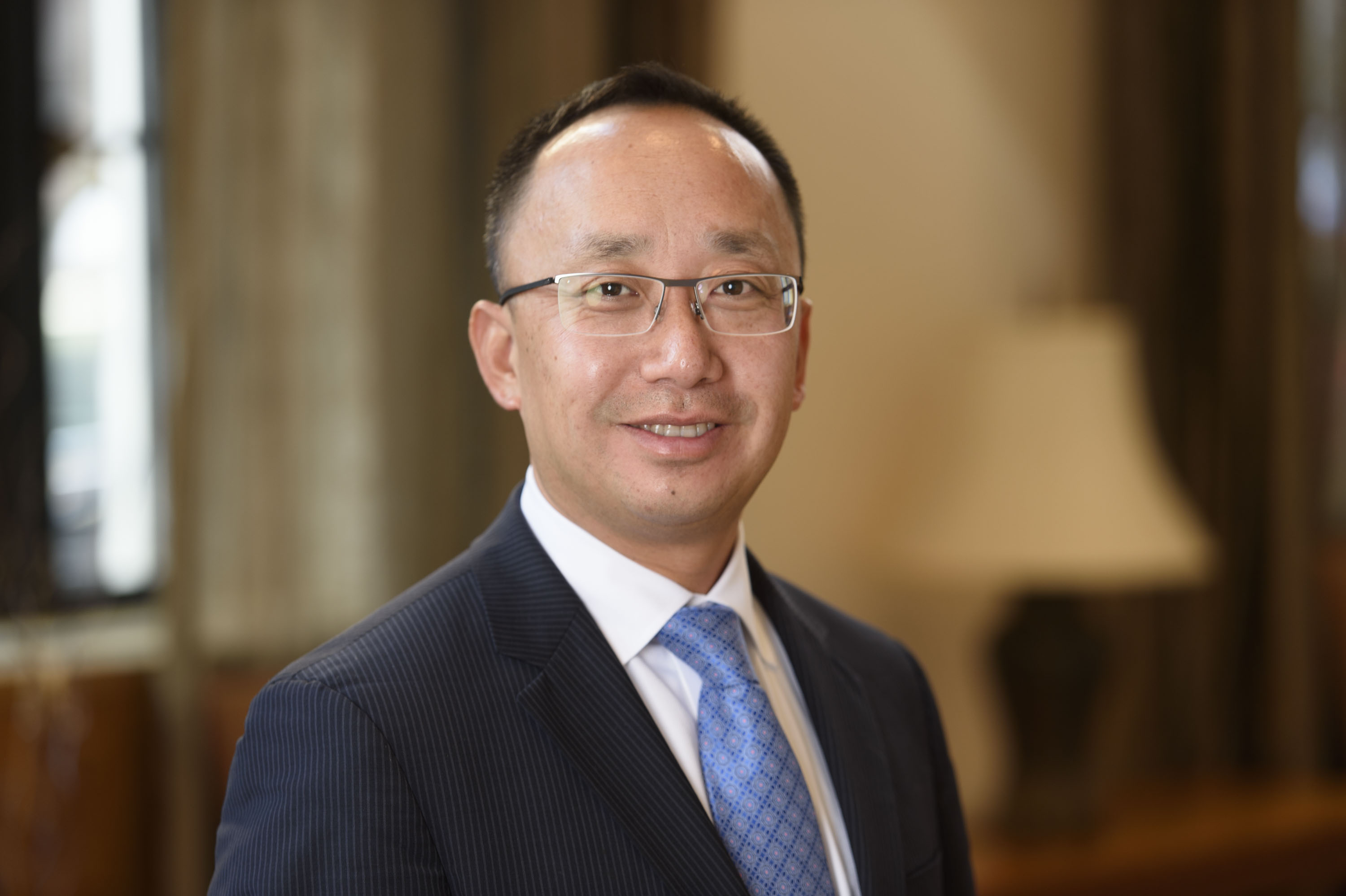
Jun J. Mao, MD, MSCE - Co-President Laurance S. Rockefeller Chair in Integrative Medicine,
Chief of Integrative Medicine Service,
Dr. Mao is the Chief of the Integrative Medicine Service and the Laurance S. Rockefeller Chair in Integrative Medicine at Memorial Sloan Kettering Cancer Center. He is a board-certified family physician with added qualifications in hospice and palliative care. He is also an experienced and licensed acupuncturist who combines western and eastern approaches to manage pain and symptoms in cancer patients. Dr. Mao’s program of research focuses on investigating the effects, mechanisms, and integration of Complementary and Integrative Medicine (CIM) for symptom management in cancer. He has advanced research training in clinical epidemiology and extensive experience conducting acupuncture, pain, and symptom science clinical trials, as well as health services research among cancer patients. Dr. Mao has received research support from the National Institutes of Health, Department of Defense, Patient-Centered Outcomes Research Institute, and the American Cancer Society. He has published over 140 peer-reviewed research manuscripts. He is the immediate past president of the Society for Integrative Oncology (SIO) and president-elect of the Society for Acupuncture Research. His research findings have been included in American Society of Clinical Oncology, National Comprehensive Cancer Network, and SIO clinical guidelines for developing evidence-informed integrative oncology practices for standard cancer care.
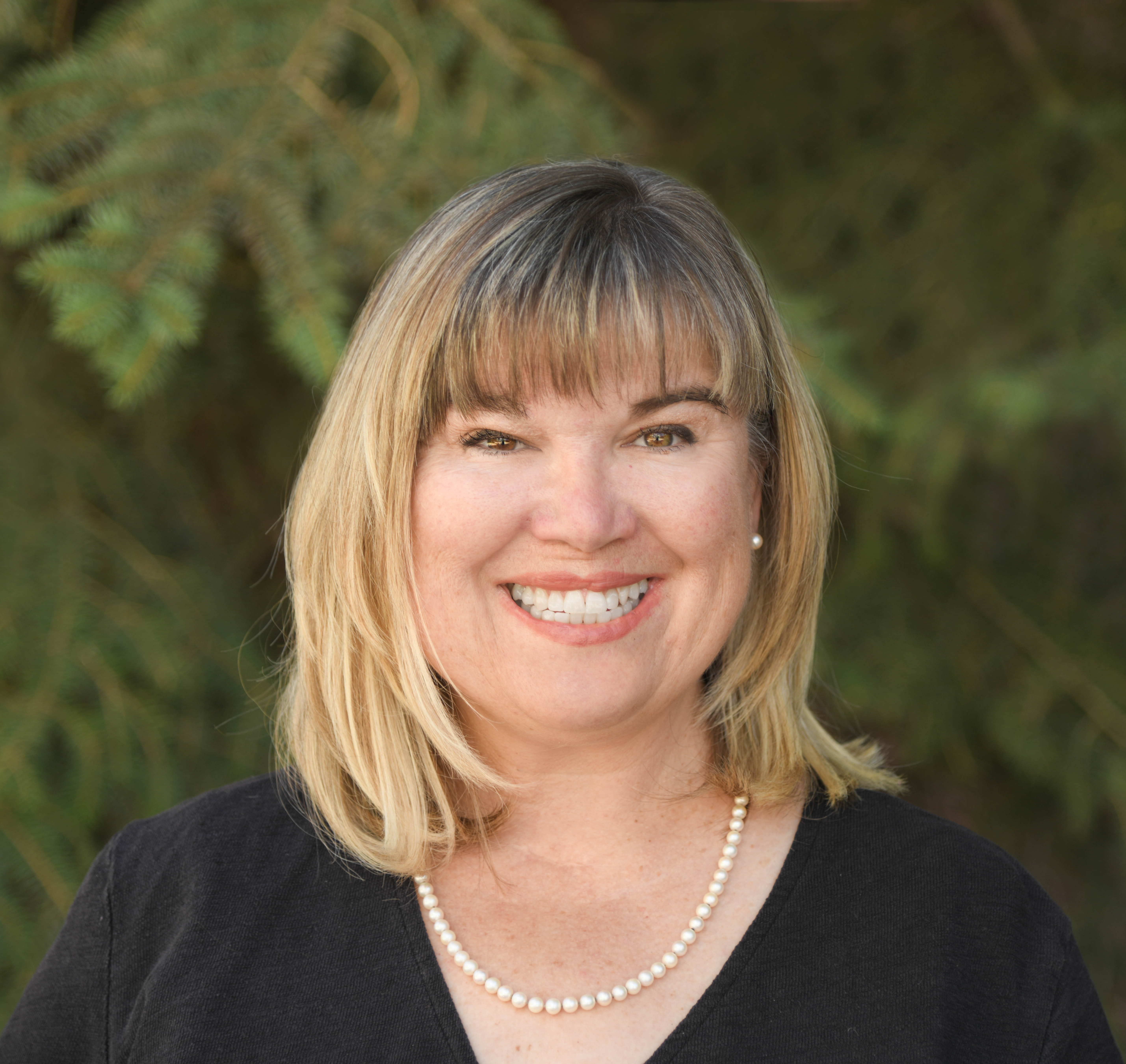
Lisa Jean Taylor-Swanson, PhD, MAcOM, LAc, Co-President Assistant Professor, Licensed Acupuncturist & Herbalist
College of Nursing, University of Utah
Lisa Taylor-Swanson is an Assistant Professor in the College of Nursing at the University of Utah in Salt Lake City, UT, USA. She received her Ph.D. in nursing science from the University of Washington and a Master’s degree in acupuncture and & oriental medicine from Seattle Institute of East Asian Medicine. She is a Licensed Acupuncturist with specialty training in women’s health, including infertility and the menopausal transition, and previously owned and operated a large private practice for over 15 years. Since joining the faculty at Utah, Dr. Taylor-Swanson’s lab has investigated interoception in the context of acupuncture and applies the concepts of complex adaptive systems theory to the design and execution of research studies.
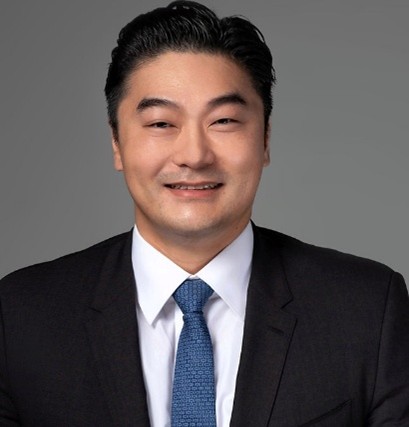 John Yoo, MBA, Treasurer John Yoo, MBA, Treasurer
Chief Executive Officer
Virginia University of Integrative Medicine (VUIM)
John Yoo serves as the Chief Executive Officer of the Virginia University of Integrative Medicine (VUIM), a private, non-profit institution of higher education dedicated to training healthcare practitioners in Acupuncture, Herbal Medicine, and the principles of whole person health. Under John’s leadership since April 2019, VUIM has significantly expanded its academic and clinical footprint, growing from a single campus to three locations - its flagship in Tysons, Virginia, and satellite campuses in Ridgefield, New Jersey, and Duluth, Georgia - as well as off-campus clinical training sites at Veterans Affairs Medical Centers and large, comprehensive Cancer Hospitals (INOVA Schar Cancer Institute). Under John's leadership, the University, accredited by the Accreditation Commission for Acupuncture and Herbal Medicine (ACAHM), now offers both Master’s and Doctorate degrees in Acupuncture and Herbal Medicine, with programs available in English, Korean, and Mandarin Chinese, demonstrating a strong commitment to diversity and global engagement.
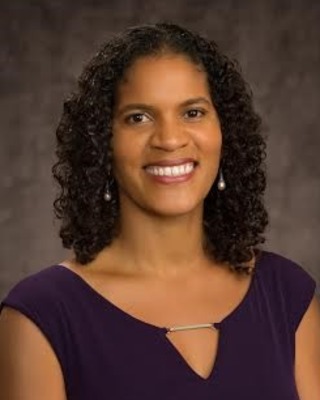 F. Afua Bromley, DACM F. Afua Bromley, DACM
Co-chair, NCCAOM & ASA Cultural Competence Task Force (NCCAOM)
F. Afua Bromley, DACM, LAc, Dipl.Ac (NCCAOM) is a NCCAOM Past Chair (2017-2020) & Board member (2014-2023) and former Co-Chair of the NCCAOM & ASA Acupuncture Medicine Cultural Competency Task Force. In addition to her private practice in St Louis, MO, Bromley worked at CHIPS (Community Health-In-Partnership Services), a multi-specialty clinic for uninsured and underinsured individuals in north St. Louis from 2000-2012. Throughout her career, she has worked to promote equal access to quality integrative medical care to those in underserved and disenfranchised communities. She is founder of Universal Holistic Healthcare Services (UHHS), a nonprofit 501(c)(3), dedicated to promoting integrative healthcare and empowerment life and health education, through such activities as an HIV integrative medicine clinic, STD/HIV outreach prevention education, free nutrition & wellness workshops, women’s support group for those living with HIV/AIDS, and acudetox for substance abuse. UHHS is currently completing a public health clinic in Ettokrom, Ghana, constructing an integrative public healthcare worker training center in Ghana, West Africa and creating a global virtual integrative health educational platform (www.universalholistichealth.org). Bromley is in private practice in St Louis, MO, and an adjunct professor at the Massachusetts College of Pharmacy and Health Sciences.
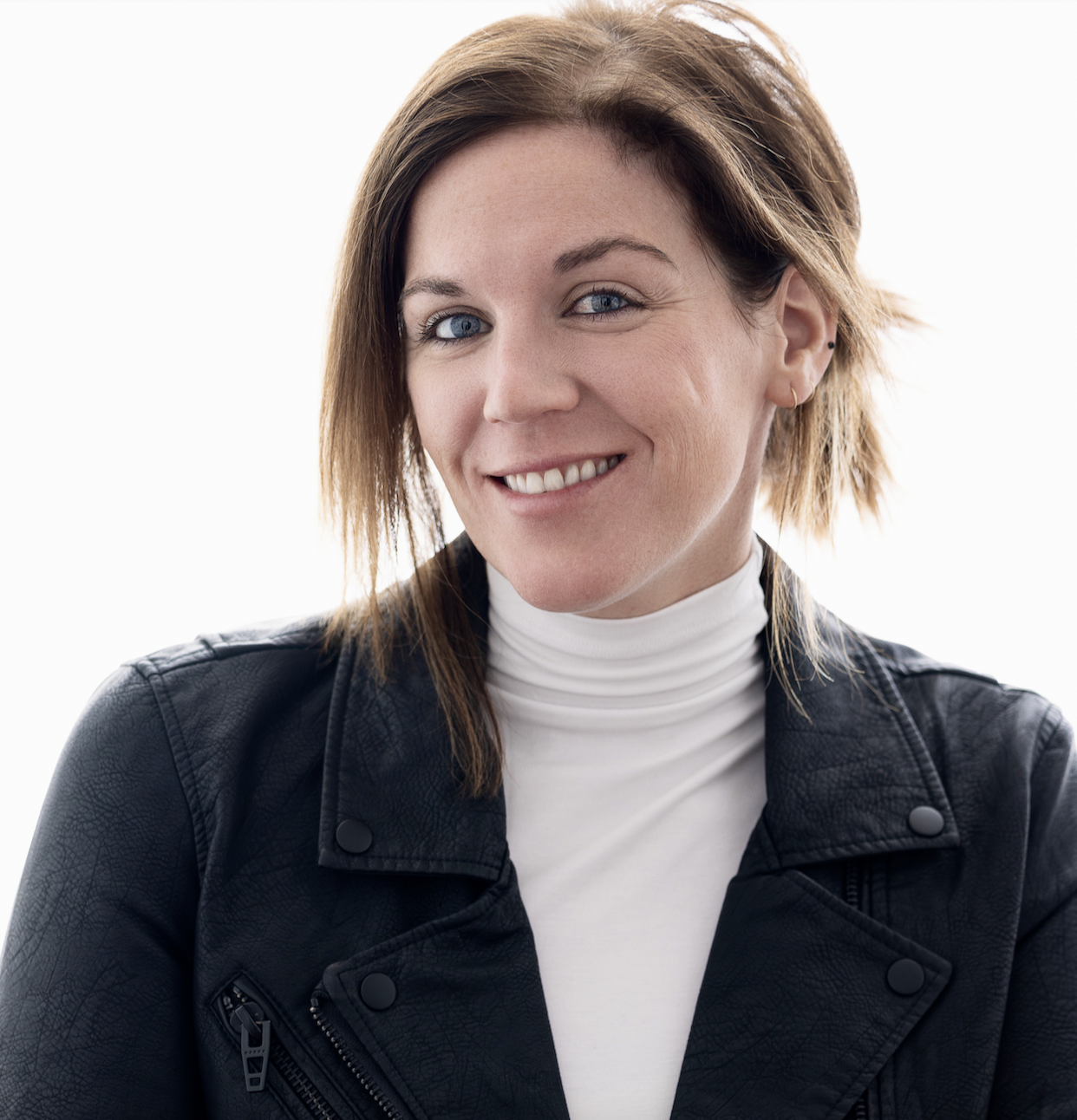 Molly Candon, PhD Molly Candon, PhD
Assistant Professor
University of Pennsylvania
Molly Candon is an Assistant Professor in the Departments of Psychiatry and Health Care Management at the University of Pennsylvania. Dr. Candon studies how insurance design and reimbursement can be leveraged to improve access to and the quality of pain care and behavioral health care. She currently studies trends in insurance coverage and cost sharing for acupuncture therapy. She also co-directs the Evaluation Center, a joint venture between the Penn Center for Mental Health, Community Behavioral Health, and Philadelphia’s Department of Behavioral Health and Intellectual Disability Services, where she leads projects on data-driven suicide prevention and behavioral health crisis services.
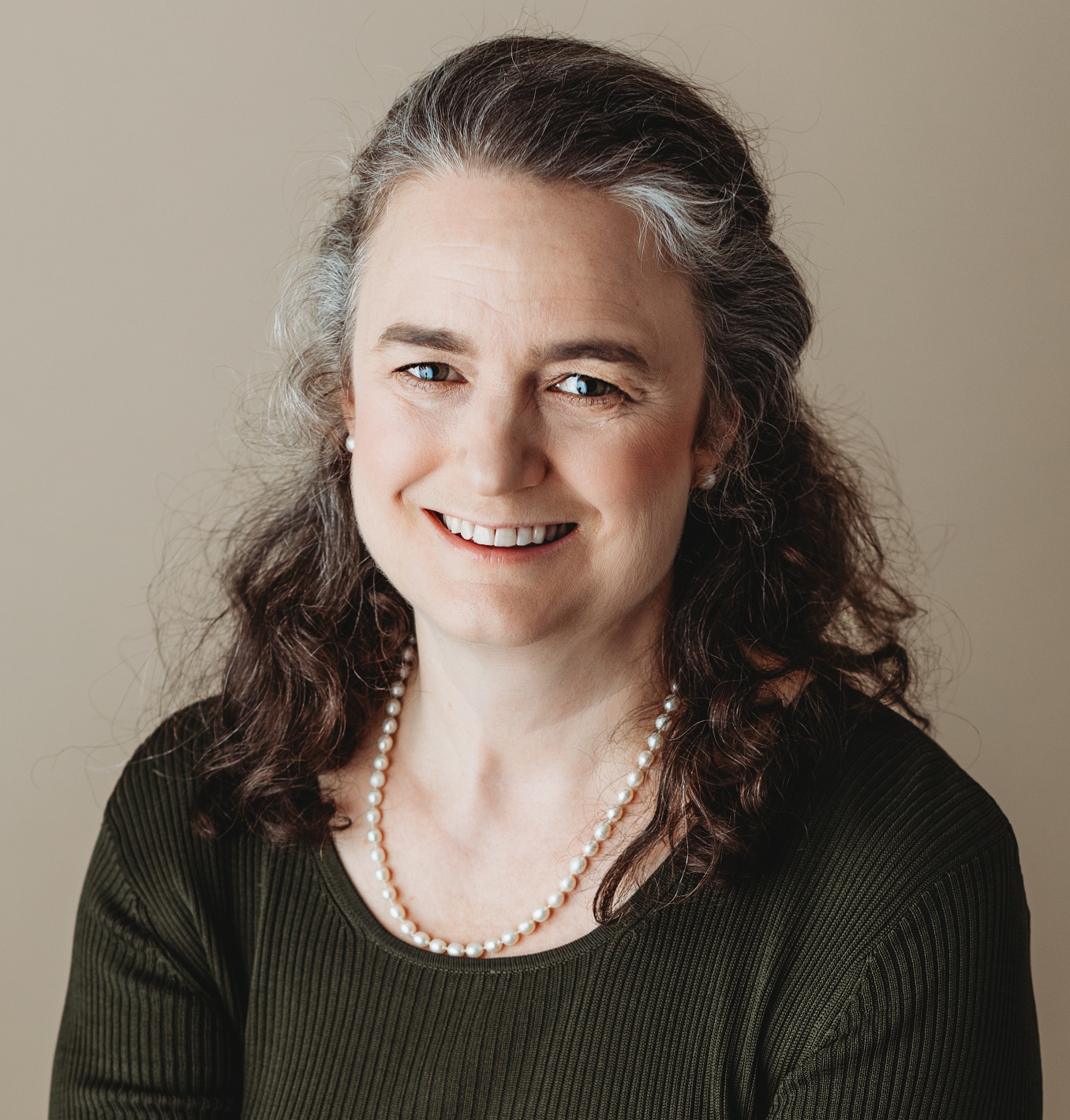
Claudia Citkovitz, PhD, MS, LAc Director, Acupuncture Services
Research Assistant Professor, Department of Rehabilitation Medicine, NYU Medical School
Claudia Citkovitz, PhD, MS, LAc., began her acupuncture studies in a New York kung fu studio in the 1990’s, and has been licensed in acupuncture and herbal medicine since 2002. Since 2004 she has led the Acupuncture Service at NYU Langone Hospital - Brooklyn, providing inpatient acupuncture instruction and conducting practice-based research in labor and delivery and acute stroke rehabilitation. In addition to private practice Claudia is an active educator online and at colleges in the US and abroad, and recently published a book on acupressure and acupuncture during birth. She is an Associate Editor for the Journal of Alternative and Complementary medicine, and a Commissioner on the board of ACAOM, the accrediting body for US acupuncture schools.
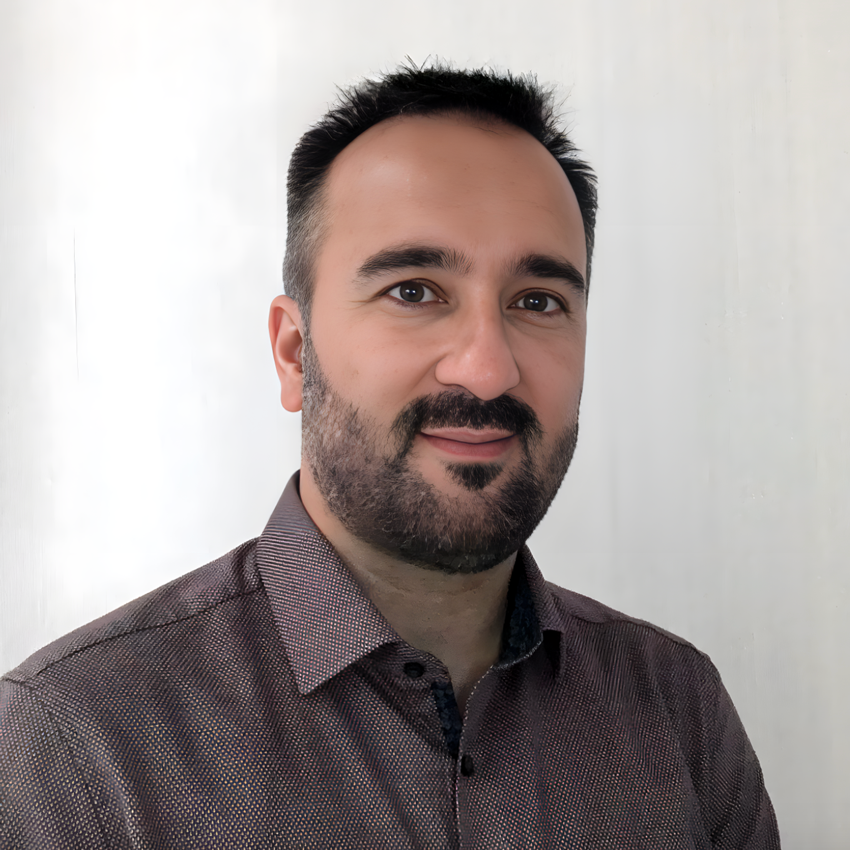 Sandro Graca, MSc, Lic TCM, FABORM Sandro Graca, MSc, Lic TCM, FABORM
Lecturer and Researcher;
School of Health and Society, Faculty of Education, Health and Wellbeing, University of Wolverhampton, UK
Sandro Graca obtained his Licentiate in TCM at the Irish College of TCM in Dublin in 2007, followed by a four-week program on acupuncture and moxibustion at the Beijing University of Chinese Medicine. He is a Fellow of the Acupuncture & TCM Board of Reproductive Medicine (ABORM), with a special clinical interest in acupuncture for women’s health, particularly fertility and pregnancy care. Sandro completed his MSc at the Northern College of Acupuncture (NCA) - in conjunction with Middlesex University - focusing on acupuncture for polycystic ovary syndrome (PCOS) and has since published in the field of menstrual and reproductive health. His avid interest and enthusiasm for research education and dissemination has led him to assume several leadership roles in international organizations such as the Obstetrical Acupuncture Association and Evidence Based Acupuncture, as well as Social Media Editor of the European Journal of Integrative Medicine. Sandro is a lecturer on the online MSc program at the NCA in York, U.K. and he is one of the researchers on the Cochrane Review Groups for acupuncture for dysmenorrhea and for assisted reproductive technology, and Chinese herbal medicine for endometriosis.
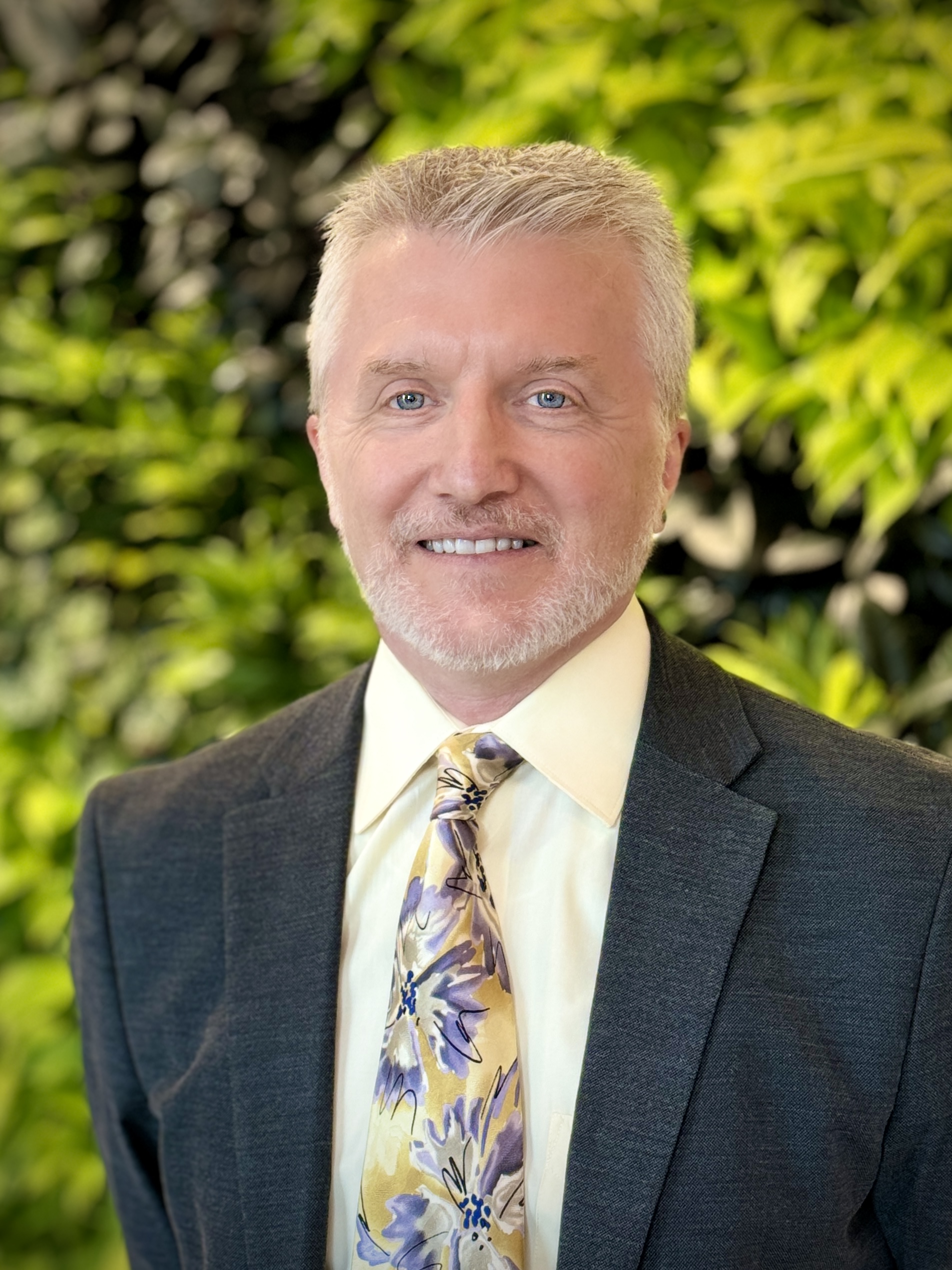
Richard E. Harris, PhD, LAc - Co-President Susan Samueli Endowed Chair and Professor, Susan Samueli Integrative Health Institute, Department of Anesthesiology and Perioperative Care, School of Medicine University of California at Irvine
Richard Harris is a Susan Samueli Endowed Chair and Professor in the Department of Anesthesiology and Perioperative Care in the School of Medicine at the University of California at Irvine. His background is in basic science and clinical research in alternative medicine. He received his B.S. degree in Genetics from Purdue University in 1992 and his Ph. D. in Molecular and Cell Biology from UC Berkeley in 1997. Following his graduate work, he completed a postdoctoral fellowship at NIH. He is a graduate of the Maryland Institute of Traditional Chinese Medicine and has received an MS degree in Clinical Research Design and Statistical Analysis at the University of Michigan. Dr. Harris is currently investigating mechanisms of chronic pain and its treatment with acupuncture and shamanism. His recent investigations have focused on the role of brain neurotransmitters and brain network behavior in chronic pain. He was a member of the National Advisory Council for NIH/NCCIH and is a current co-President for the Society for Acupuncture Research.
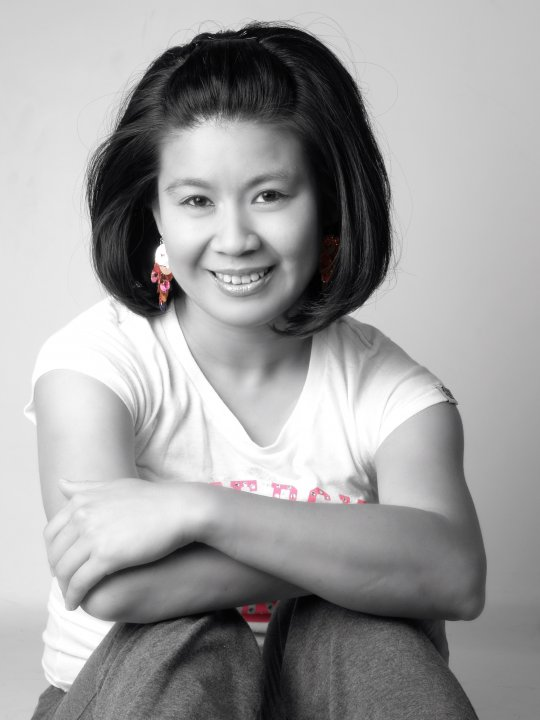
Department of Anesthesiology Pain and Perioperative Medicine, Stanford University Hospital and Clinics - Stanford, CA
Jiang-Ti Kong is trained in anesthesiology, pain management and acupuncture. Her acupuncture training includes styles from both traditional Chinese medicine and French energetics (by Joseph Helms). She splits her time between acupuncture practice, conventional pain management, and clinical research in acupuncture and pain mechanisms. Currently, her research focuses on central mechanisms of electroacupuncture in patients with chronic low back pain.
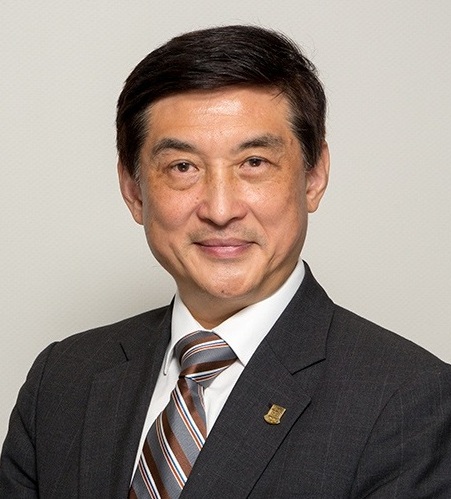
Professor and President,
Virginia University of Integrative Medicine - Fairfax, VA
Lixing Lao is a professor and the President of the Virginia University of Integrative Medicine (VUIM), and honorary professor, University of Hong Kong. He was trained in acupuncture and Chinese medicine in the Shanghai University of Traditional Chinese Medicine from 1978 to 1983 and earned his PhD in physiology at the University of Maryland Baltimore in 1992 . He served as a board member of SAR and Co-president of SAR for five years (2003-2007) and Advisory Board member of SAR (2013-2020), Prior to his current position in VUIM, he was a Professor of Family Medicine and the Director of Traditional Chinese Medicine Research Program in the Center for Integrative Medicine of the School of Medicine, University of Maryland, Baltimore (UMB). He was then appointed as a professor and the Director of the School of Chinese Medicine, The University of Hong Kong from 2013 to 2019 when he also held a Vivian Taaam Wong Endowed Professorship in Integrative Medicine. As a licensed acupuncturist in both Maryland and Virginia, Prof Lao has practiced acupuncture and Chinese herbal medicines for over 30 years and served as a Board member for five years on the Maryland State Board of Acupuncture. He is principal investigator and co-investigator of over 20 clinical trials and pre-clinical studies in acupuncture and Chinese herbal medicines funded by the National Institutes of Health (NIH) and Department of Defense, USA. He is particularly interested in conducting translational research that bridges basic science, clinical trials, and "real world" acupuncture/Chinese medicine clinical practice. He established the laboratory of TCM research in UMB in 1999 to conduct basic science studies on acupuncture and Chinese herbal medicines. He has actively published over 330 peer-reviewed scientific papers and over 20 book chapters. He has also given over 400 presentations at national and international conferences/symposia. He serves on editorial boards in a number of journals. He is currently an elected vice president of the World Federation of Acupuncture and Moxibustion Societies (WFAS) and immediately past Secretary General of the Consortium for Globalization of Chinese Medicine (CGCM). He received an award of Chief Executive’s Commendation for Community Service in Chinese Medicine by the Government of the Hong Kong Special Administrative Region (SAR) in 2019.
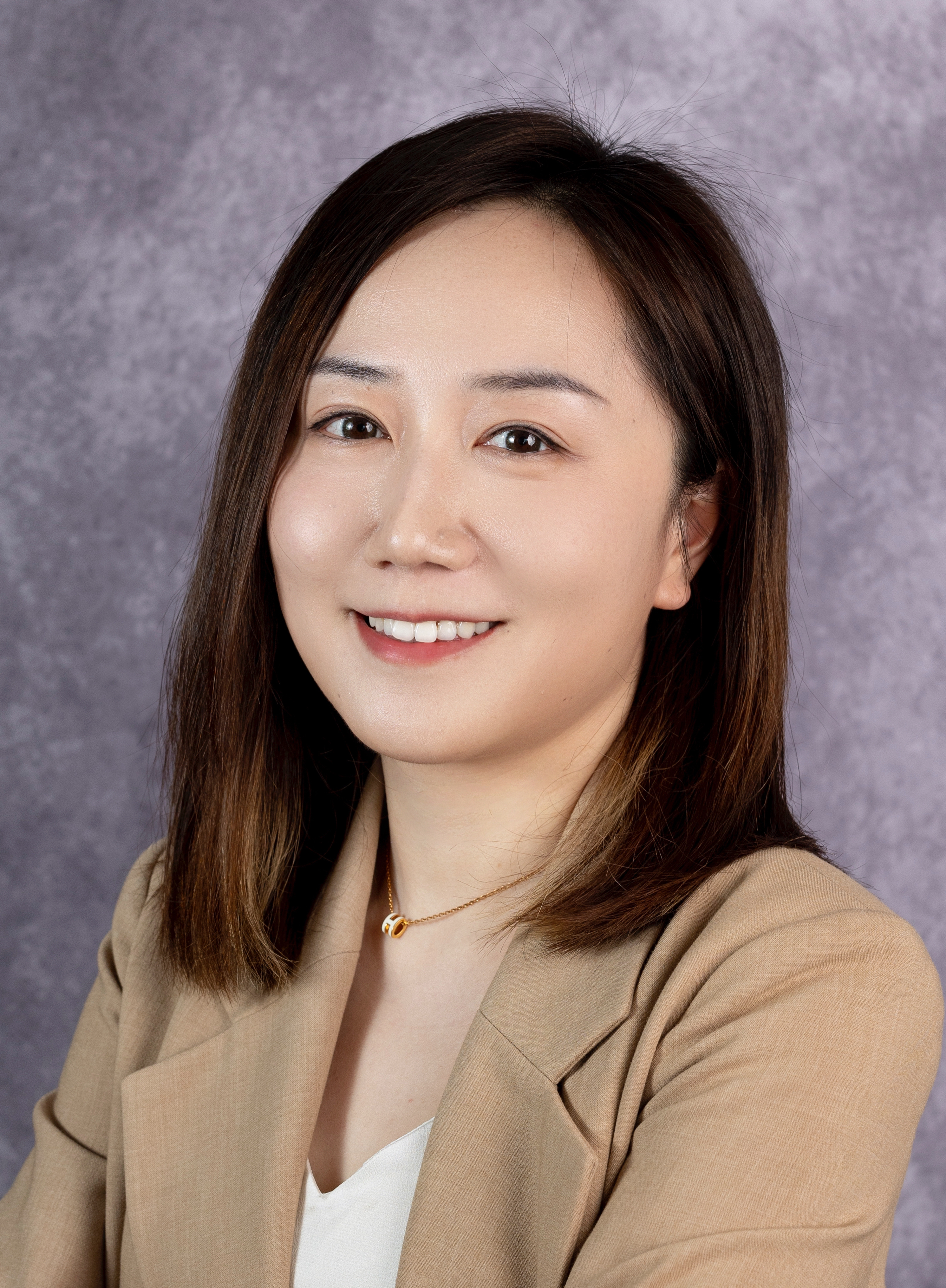 Hongjin Li, PhD, BSN, FAAN Hongjin Li, PhD, BSN, FAAN
Associate Professor
University of Illinois Chicago College of Nursing
Dr. Li is an Associate Professor in the College of Nursing at the University of Illinois Chicago. She earned her Ph.D. in Nursing from the University of Pittsburgh and holds a Master’s degree in Biostatistics from Columbia University. She is a Fellow of the American Academy of Nursing, and has served as a consultant to the Illinois Joint Task Force of the Illinois Society of Acupuncturists and the Illinois Department of Human Services on Medicaid Reimbursement for Acupuncture. Dr. Li’s program of research focuses on advancing symptom science and health equity among breast cancer survivors. Her work centers on two key areas: applying multi-omics (metabolomics, microbiome) approaches to understand the biological mechanisms underlying the effects of acupuncture on psychoneurological symptoms in breast cancer survivors; and implementing innovative, non-opioid complementary and integrative health interventions—particularly acupuncture—to reduce cancer-related symptom burden, especially in medically underserved populations. Dr. Li has served as a principal investigator or co-investigator on more than four NIH-funded studies and has published extensively in the areas of cancer symptom science, integrative oncology, and biobehavioral research. Her work aims to integrate precision health strategies into supportive cancer care and improve quality of life among cancer survivors.
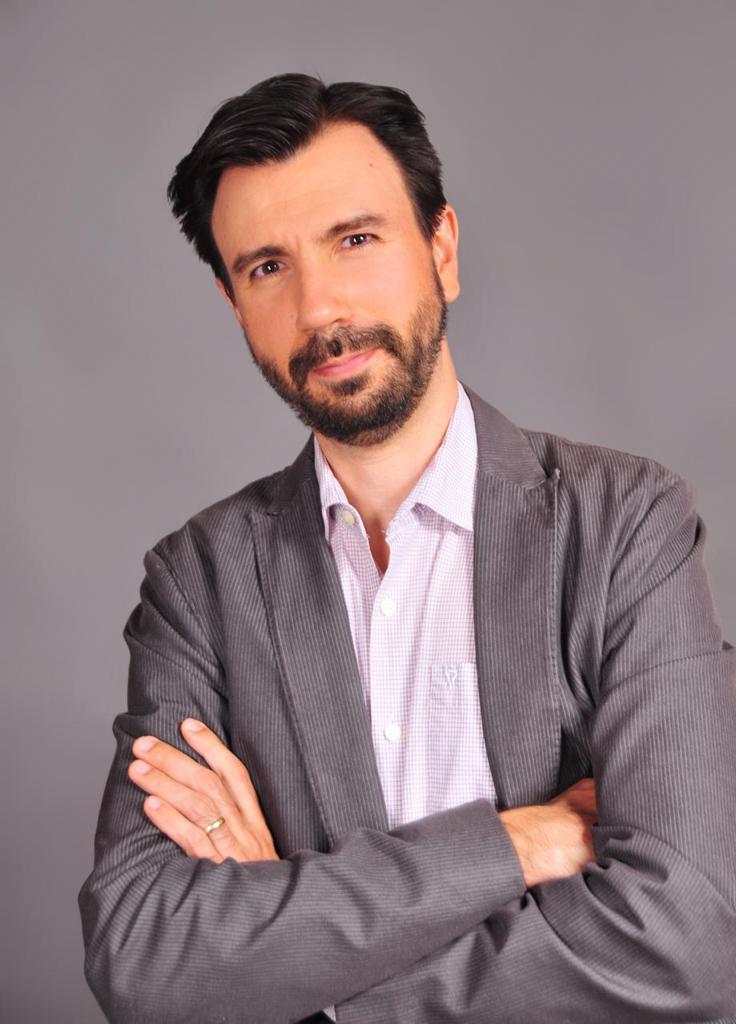
Ari Ojeda Ocampo Moré, MD, MSc, PhD Coordinator of the Integrative Medicine Service at the University Hospital, Federal University of Santa Catarina (UFSC);
Supervisor of the Medical Residency Program in Acupuncture and Pain Residency Program at the University Hospital - UFSC
Ari Moré is a medical doctor, acupuncturist and researcher at the University Hospital at the Federal University of Santa Catarina (UFSC) in Brazil where he coordinates the Service of Integrative Medicine and Acupuncture. Ari is the supervisor of the Medical Residency Program in Acupuncture and Pain Residency Program at the University Hospital-UFSC. He is an assistant professor of acupuncture and orthopedics at the UFSC Graduation Course in Medicine. Ari completed the acupuncture residency program in 2010, received the Master Science degree in Neuroscience in 2012 and the PhD degree in Public Health in 2016. He is a member of the Translational Acupuncture Research Group at UFSC, which involves a group of experts with the aim of improving acupuncture research strategies by integrating basic science, clinical research, social science and public health. He is the vice-president of the Santa Catarina College of Medical Acupuncture and co-editor of the book Clinical Manual of Acupuncture (published in the Portuguese). Ari is an ad hoc reviewer for several scientific journals with interest in the areas of neuroscience, translational medicine, medical education and public health.
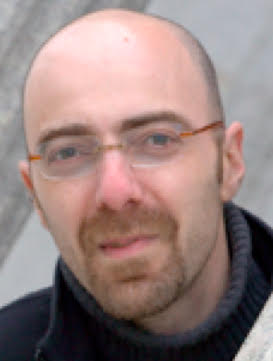
Massachusetts General Hospital, Martinos Center for Biomedical Imaging - Boston, MA
Vitaly Napadow is a Professor at the Martinos Center for Biomedical Imaging at Massachusetts General Hospital and Harvard Medical School in Boston, MA, where he is also the Director of the Center for Integrative Pain Neuroimaging (CiPNI). Dr. Napadow’s laboratory has pioneered the application of non-invasive neuroimaging techniques to better understand the brain circuitry underlying aversive perceptual states, particularly chronic pain. Somatosensory, cognitive, and affective factors all influence the malleable experience of pain, and Dr. Napadow’s Lab has applied human functional and structural neuroimaging to localize and suggest mechanisms by which different brain circuitries modulate pain perception. Dr. Napadow’s neuroimaging research also aims to better understand how non-pharmacological therapies, from acupuncture and transcutaneous neuromodulation to cognitive behavioral therapy and mindfulness meditation training, ameliorate these states. Dr. Napadow has more than 190 publications in leading peer-reviewed scientific journals, is past-President of the Society for Acupuncture Research, and serves on numerous conference, journal, and NIH review panels. He was recently named to the Academy Distinguished Investigator Council by the Academy for Radiology & Biomedical Imaging Research and received the Excellence in Integrative Medicine Research Award by the European Society for Integrative Medicine.
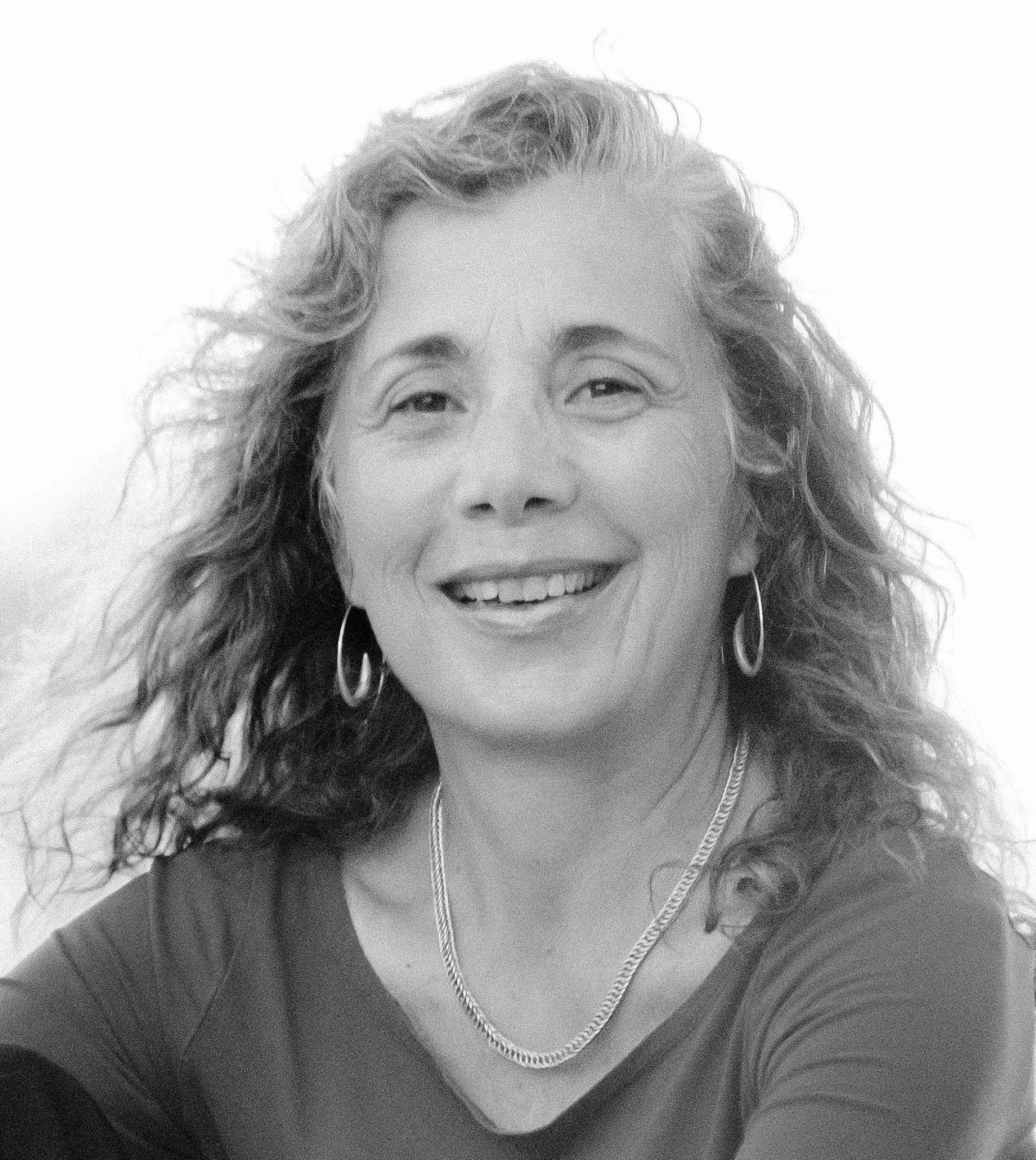
Clinical Assistant Professor, School of Nursing
University of Texas - Austin, TX
Rosa N. Schnyer, a Doctor of Chinese Medicine (DAOM) and Certified Functional Medicine Practitioner, is a Clinical Assistant Professor at the University of Texas, Austin, School of Nursing. Her clinical practice has served as the foundation of her research career. Dr. Schnyer has been a leader in the field of Chinese medicine research; she developed innovative research methodologies to evaluate complex interventions and better reflect clinical practice. Her clinical research has focused primarily on acupuncture as a treatment for depression and women’s health. She has served as research consultant to Harvard Medical School, Stanford University, The Beijing Children’s Hospital and the New England School of Acupuncture. She maintains a private practice in Austin, TX focusing on the management of chronic illness, mood regulation, anxiety and stress related disorders.
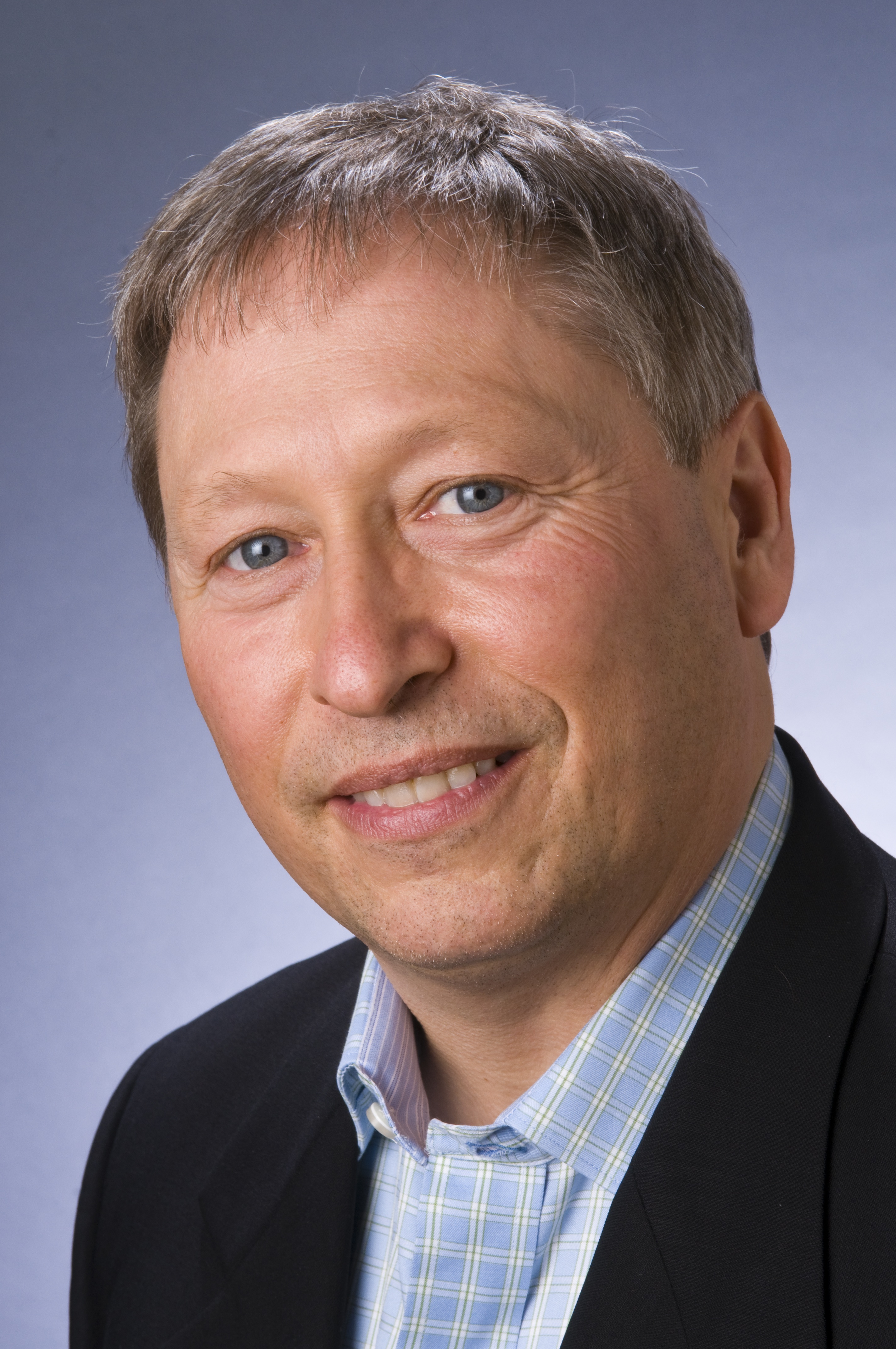
Associate Professor of Medicine, Harvard Medical School
Director of Research, Osher Center for Integrative Medicine, Division of Preventive Medicine, Brigham and Women’s Hospital and Harvard Medical School - Boston, MA
Dr. Wayne is an Associate Professor of Medicine at Harvard Medical School and Brigham and Women’s Hospital. He is the Research Director for the Osher Center for Integrative Medicine. Prior to this appointment, Dr. Wayne served as the Director of Tai Chi and Mind-Body Research Programs at the Osher Research Center, and as the founding Research Director at the New England School of Acupuncture.
The primary focus of Dr. Wayne’s research is evaluating how mind-body and related complementary and alternative medicine practices clinically impact chronic health conditions, and understanding the physiological and psychological mechanisms underlying observed therapeutic effects. He has served as a principal or co-investigator on more than 20 NIH-funded studies. He has been involved in the design, conduct, analysis, and interpretation of clinical trials evaluating the safety and efficacy of Tai Chi exercise for balance disorders, heart failure, chronic obstructive pulmonary disease, osteoporosis, and depression, and trials evaluating acupuncture for stroke-related paralysis, hypertension, endometriosis, and chemoradiation-related immune and swallowing side effects in cancer patients. He currently serves as Principal Investigator (with Dr. Buring) of an NCCAM-funded grant on the Use and Effectiveness of a Model Integrative Care Clinic in an Academic Hospital, to characterize referral and practice patterns and aspects of communication and decision-making in the use of conventional and CAM therapies at the Osher Clinical Center at Brigham and Women’s Hospital, as well as to evaluate the effectiveness of an integrative care team in the treatment of chronic low back pain.
Dr. Wayne is actively involved in the teaching and training of students and fellows in integrative medicine research. He served as Principal Investigator of an NCCAM-funded Developmental Center Grant at the New England School of Acupuncture for which the Harvard Medical School Osher Research Center served as primary academic advisor; the center supported a cross-institutional training program for acupuncture research. He currently serves as Faculty for the NIH T32 research training grant in Complementary and Integrative Medicine, funded by NCCAM, and is a mentor for multiple NCCAM career award recipients, including Dr. Weidong Lu, who is the first recipient of the NCCAM/Bernard Osher Foundation CAM Practitioner Research Career Development Award. Dr. Wayne is the author of the Harvard Medical School Guide to Tai Chi, published in 2013 by Harvard Health Publications and Shambala Press.
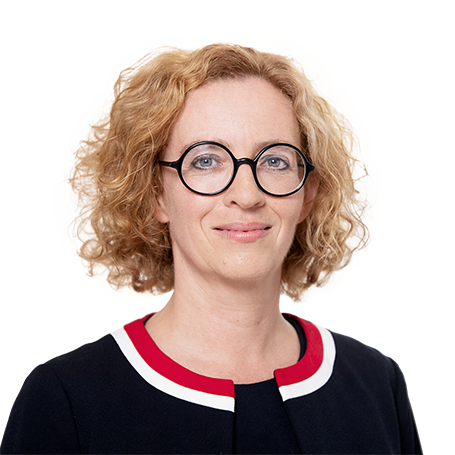
Professor and Director, Institute for Complementary and Integrative Medicine;
University Hospital Zurich and University Zurich
Claudia Witt is a medical doctor, epidemiologist and research methodologist. She holds a Master of Business Administration (MBA) with a focus on health care management. Her MBA thesis emphasized health economic evaluations. From May 2011 to April 2013 she served as the President of the International Society for Complementary Medicine Research (ISCMR). From the outset, Dr. Witt’s career has been dedicated to patient-centered approaches to health care. Her research research has made substantial contributions to the evidence on efficacy, effectiveness, cost-effectiveness and safety of acupuncture. She is committed to the training of future generations of integrative medicine physicians and researchers and developed the first postgraduate international summer school on clinical research methods in this field. Over the last 15 years, she has conducted a number of large trials with a total of over 50,000 patients. Her current research focus is on Comparative Effectiveness Research.
Advisory Board Member
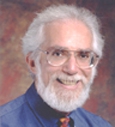
Richard Hammerschlag, PhD
Dr. Hammerschlag began his academic career conducting research in neurobiology at the Beckman Research Institute of the City of Hope in Duarte, California, where he served as associate chair of the Division of Neurosciences. Twenty-five years later, a growing interest in acupuncture led him to change careers and become founding director of research at Oregon College of Oriental Medicine in Portland, Oregon. There he engaged in collaborative research projects in acupuncture and Traditional Chinese Medicine with Oregon Health & Science University, Kaiser Permanente Center for Health Research, and the University of Arizona, funded by the NIH National Center for Complementary and Alternative Medicine (NCCAM).
A co-editor of the book Acupuncture Research: Strategies for Establishing an Evidence Base, Dr. Hammerschlag currently serves as an executive editor for The Journal of Alternative and Complementary Medicine.
|
